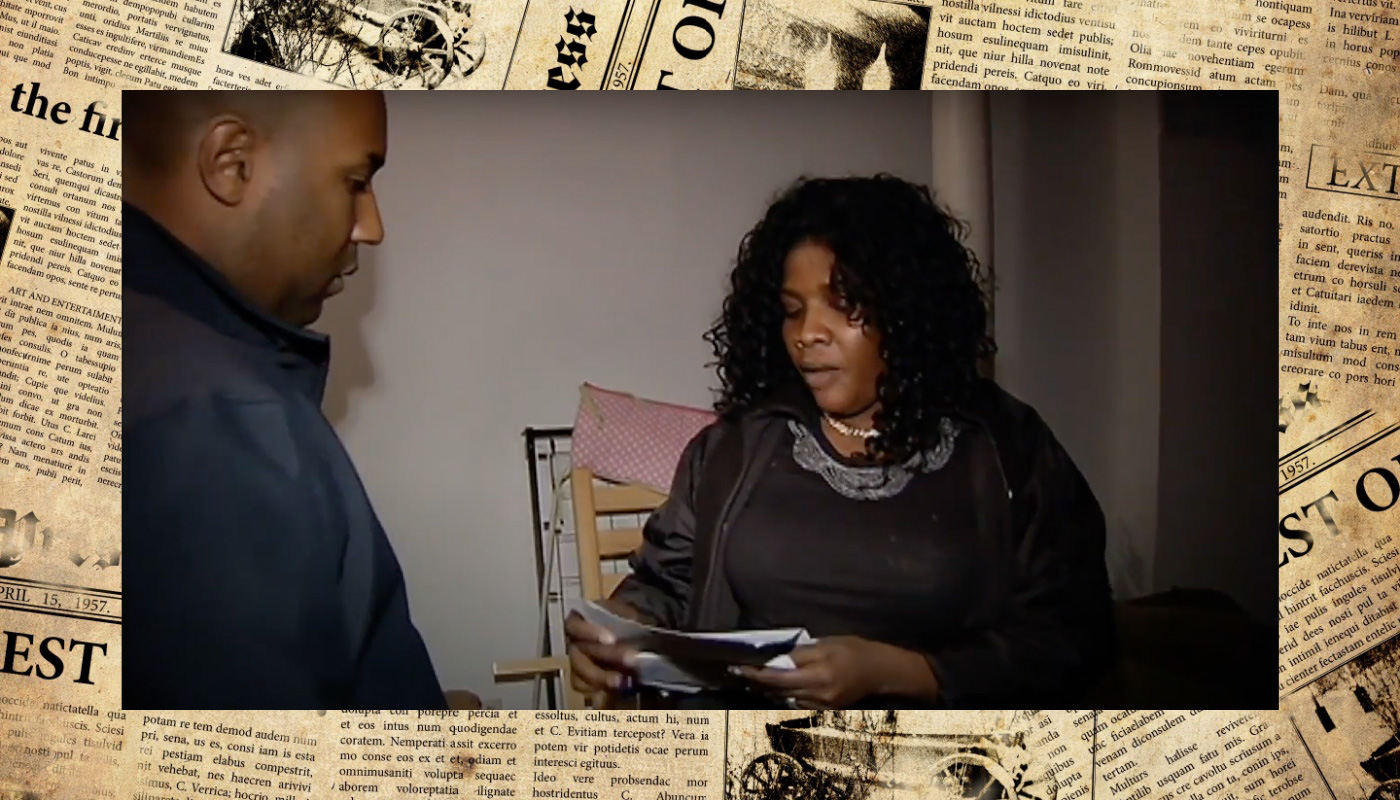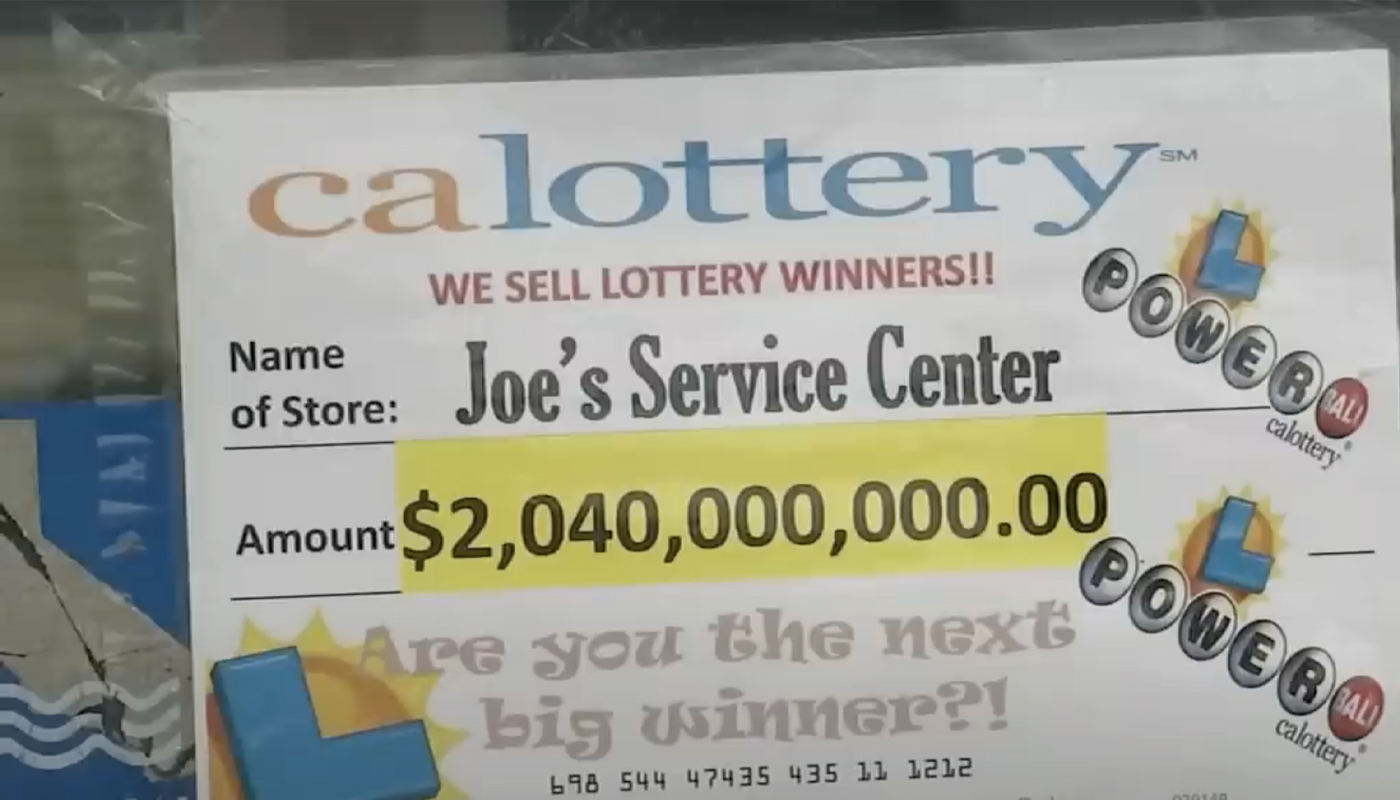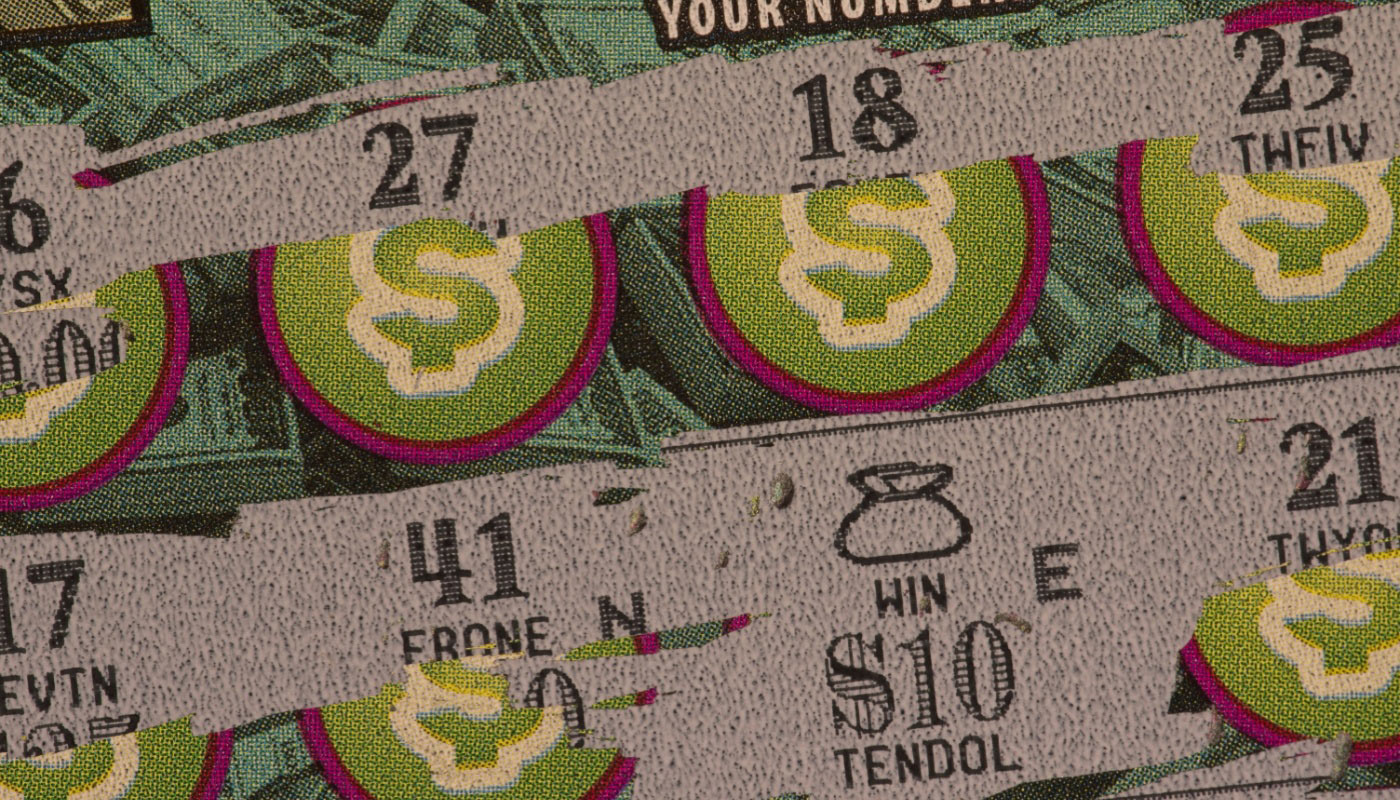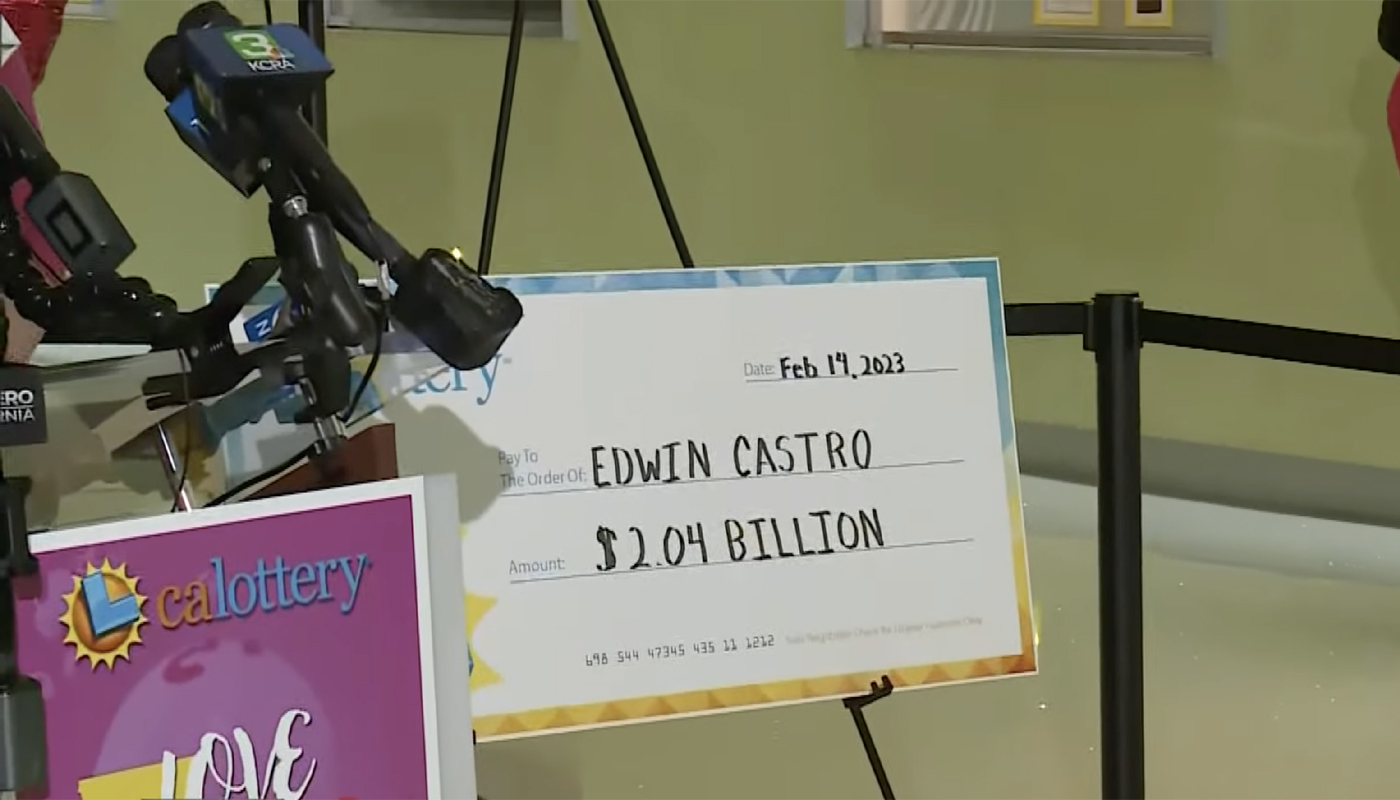
News writer; Opinion columnist
We've all seen the story a thousand times: A group of nurses, office workers, or friends wins a jackpot after pooling their money to buy lottery tickets. The winners' photo usually shows a large group of smiling people holding a big check with several zeroes.
But sometimes, what happens after the pictures are taken and the champagne is poured isn't as sunny as those wide grins suggest. Big money almost always means big temptation, and when it comes time to pay out, not everyone agrees on who's really entitled to a share of the big win.
These are the true stories of office lottery pools that won big before ending in disaster.
Baking up a fortune
Consistency is one of the trickiest parts of running an ongoing office lottery pool. When people go on vacation or out sick, it's not always easy to make sure you're collecting the correct amount from the right people week after week. That was the problem a group of bakers ran into when trying to figure out how to divvy up a nine-figure lottery jackpot.
In 2011, a group of employees at the Pita Pan Old World Bakery in Chicago Heights formed a lottery pool called the Dirty Dozen. The pool scored big in 2012 when one of their Mega Millions tickets won $118 million in the Illinois State Lottery. However, their sweet win quickly turned sour when several of their coworkers claimed they were entitled to a share of the big prize.
Michael LaMonica was the attorney representing Jose Franco and Marco Medina, two of whom claimed they deserved part of the jackpot. LaMonica explained to reporters:
This group had been running a pool since 2011. Normally, they collected money for the pool on Mondays and Thursdays.
He claims that his clients contributed money to the pool for the May 1 drawing and won a small prize worth $9.
The group agreed to reinvest this money into the May 4 drawing along with the tickets they usually bought.
However, a miscommunication before the May 4 drawing meant that not all of the regular players were asked to contribute. LaMonica stated:
The collector came around again. But because some auditing was going on at the bakery, he switched the day of his collection to a Wednesday. For whatever reason, he didn't ask my clients for any additional money.
One of the May 4 tickets won $118 million. LaMonica's clients claim they are owed a share of the prize because while they didn't contribute directly to the May 4 drawing, they did contribute to the May 1 drawing, and those winnings were reinvested in tickets for the May 4 drawing.
Eventually, eleven employees sued the pool for what they claimed was their fair share of the prize. The various lawsuits lasted three years until both parties reached a settlement. The original dirty dozen received $6 million each, and an additional six employees split $13.8 million between them.
According to lawyer Michael Haugh, who represented the original Dirty Dozen members, the issue was that there was no binding legal agreement between the parties to define who was in the group and what they were entitled to.
To avoid future conflicts over who is entitled to what, Hague recommends, “The parties should sign a written contract, identifying each participant.” It's important to put things in writing so that there can be transparency over who participates in a given drawing.
Lost and found
Let's say you're part of a pool that buys five tickets for each drawing. If the pool's organizer buys those five tickets and then buys an additional five tickets just for themselves, how do you determine which tickets belonged to the pool and which belonged to the organizer?
This problem bedeviled a group of McDonald's workers in Maryland who claimed that the pool organizer, Mirlande Wilson, was attempting to defraud them out of their share of a $105 million Mega Millions win.
The problem started when each member of the group pitched in $5 to buy tickets for the March 30, 2012, Mega Millions drawing. Wilson purchased the tickets at a Baltimore 7-11. She then claims that she returned to the retailer and bought more tickets just for herself.
According to Wilson, one of the tickets she bought for herself had the winning numbers, and her coworkers weren't entitled to anything. She told reporters:
We had a group plan, but I went and played by myself. [The 'winning' ticket] wasn't on the group plan.
Her coworkers didn't buy her story, and when Wilson refused to share her winnings, they filed a lawsuit demanding that she pay their fair share of the money.
However, the case took another bizarre twist when Wilson claimed that she lost the winning ticket. A short time later, a separate group of Maryland residents came forward to claim the prize money. Wilson's coworkers believe that she gave her tickets to friends to cash for her so she wouldn't have to share the prize with them.
The issue was further complicated because the Maryland lottery could not definitively say who bought the ticket. They reviewed footage from 7-Eleven when the ticket was purchased, but because the time stamp on the surveillance camera was not synced with the time stamp on the ticket machine, it wasn't possible to be sure who had purchased the ticket.
Eventually, the Maryland Lottery paid the money to the second group of winners, and it's unknown if Wilson actually received the jackpot from them or if she had the winning ticket.
Organizers claiming that the winning ticket was theirs alone is a common problem in lottery pools. In 2013, a group of hair stylists in Indiana also expected to share in a $9 million lottery win. However, the organizer also said that the winning ticket was separate from the pool tickets and stated that she would not share the money with anyone else.
Take the money and run
Two things happened on November 10, 2009. Someone in New Jersey won a $38.5 million Mega Millions prize, and Amerio Lopez quit his job at a New Jersey construction company. As Lopez's coworkers would later learn, these two events were not unrelated.
Lopez was in a lottery pool with five other coworkers, but one day, he surprised them by telling them he had to quit the job because he needed foot surgery. The others considered Lopez a friend and had no reason to doubt his story.
However, shortly after quitting his job, he revealed his real reason for leaving to another friend: he had won the lottery. Rather than being impressed by his scam, the friend was enraged, and he told the other members of the group that Lopez had won their pool and taken off with all of the money.
Predictably, the other pool members filed a lawsuit against Lopez to collect their fair share of the money. Lopez tried to make the same argument as Mirlane Wilson and claimed that his ticket was separate from the pool tickets.
The case went to trial, and the jury was not impressed with Lopez's argument. They found for the plaintiffs and ordered Lopez to pay each member of the pool their fair share of the prize, which came to $4 million per person.
Candido Silva, Sr., one of the players scammed by Lopez, said the lawsuit was bigger than just money. He explained:
We weren't really looking for vindication, just a sense of satisfaction. That's it; we felt betrayed, and we're glad the jurors felt the same way.
Silva said he planned to use the money to take his wife of seven years on their first real vacation.
Bad back or a big win
Edward Hariston was a member of the lottery pool at the Cleveland, Ohio, cabinet maker for eight years. He worked as a logistics agent and dutifully paid his $5 monthly contribution until he had to take time off work due to a back injury in the summer of 2011.
While Hariston was still on leave, the office lottery pool held the winning ticket for the August 5 Mega Millions drawing, which had a jackpot of $99 million. Hariston was ecstatic to finally win, but when he returned to the office to collect his share, his coworkers told him that because he had been injured and had not contributed to the August pool, he wasn't entitled to any of the money.
Hariston sued the group, claiming that it was understood that other members would cover their share of the ticket-buying money if someone were out of the office for illness or vacation. He claimed that he had personally paid the fees for another coworker who had to go on a leave of absence.
His coworkers claimed that he wasn't entitled to any of the money because he had opted out of the pool while he was recovering. They claimed they had emailed him asking if he wanted to participate, but they never heard back from him. However, Hariston said that the message was sent to a company email address he couldn't access.
The case was scheduled for trial at the beginning of 2012, but the two sides settled the day before meeting in court. While it's not known precisely how much Hariston received, the other 22 members of the group each collected approximately $2 million.
Dos and don'ts
If you want to run a successful lottery pool without the drama described above, experts advise that you follow a few rules to ensure transparency and fairness.
- Before the drawing, scan and email a copy of all the tickets to everyone in the pool so that there will be no question about which ones belong to the group.
- Send everyone in the pool an email listing all participating players for each drawing.
- Don't take payments in cash. Consider using payment apps like Venmo or Zelle, which can establish a record of who paid and when.
- Consider using a lottery syndicate agreement template, which can help with organization and allow everyone to be on the same page.


















Comments